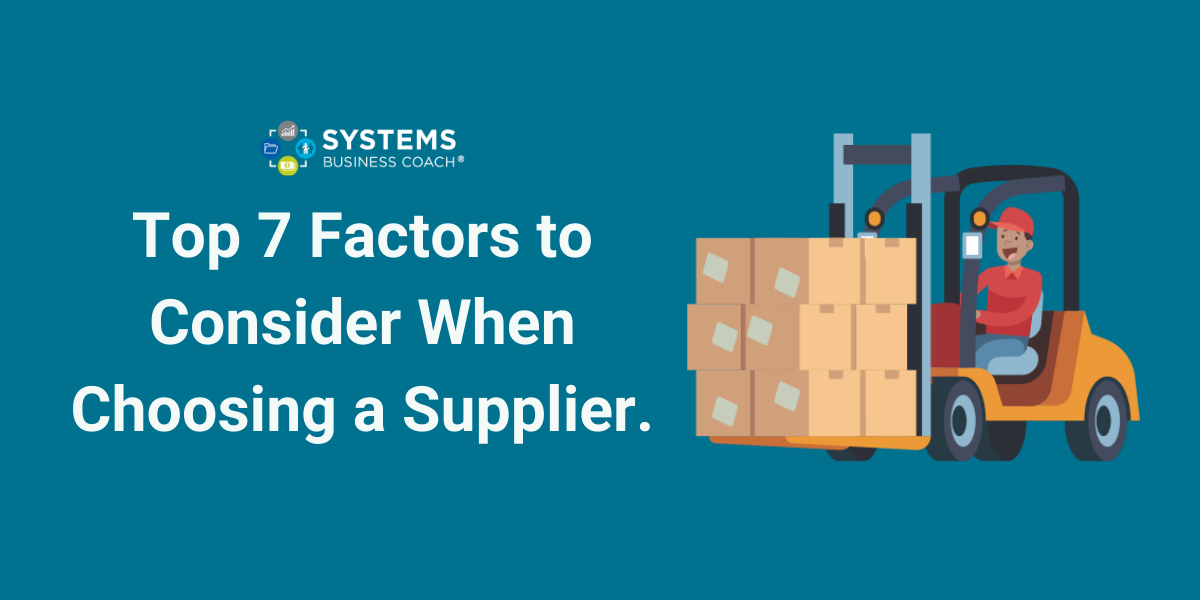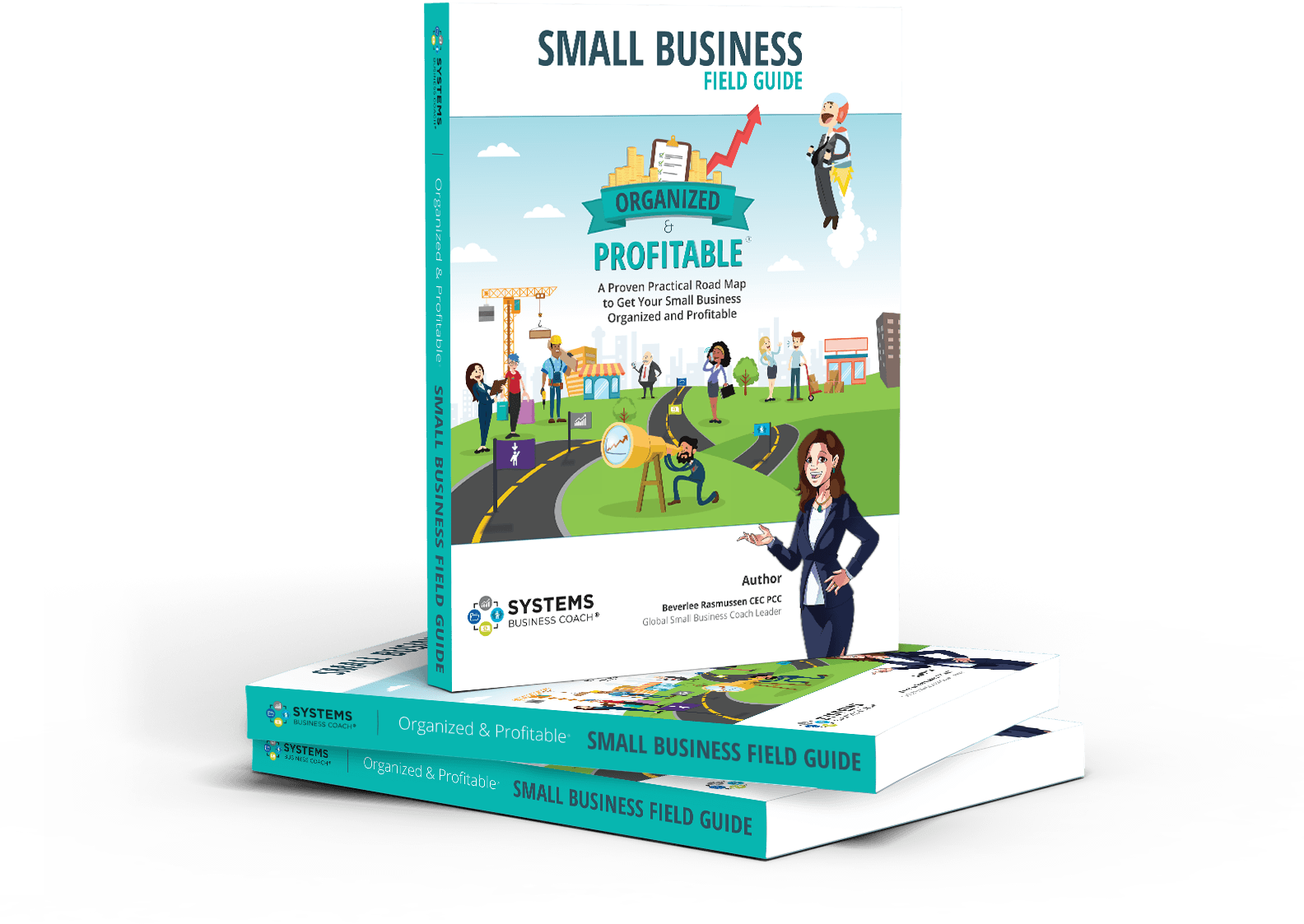Suppliers determine many of the costs of your business and can significantly impact the quality of your product. The relationship with your supplier can make or break your business. With such high stakes, what factors should you consider when choosing a supplier?
- Price
- Quality
- Reliability
- Communication
- Financially stable
- Capacity
- Payment terms

1. Price
Price is the leading factor to consider when choosing a supplier. The lowest price is not necessarily the best value.
Top tips:
- Shop around.
- Renegotiate contracts if needed.
- Join a buyers group or start getting better pricing.
- Place orders strategically to get free shipping and quantity price breaks.
- Watch for new customer deals by your supplier; don’t assume you are getting the best price just because you’ve been their customer for a while.
2. Quality
Is the quality of their business consistent? What’s the quality of their service and communication? Supplier quality can directly impact your reputation.
Top tips:
- Choose suppliers with quality you can count on.
- Order samples and check with other customers on their experience of working with this supplier before making a decsion.
- Ask your team for feedback on their experience of the product or service.
- Schedule quality control checks that includes testing similar products from different suppliers.

3. Reliability
Is the supplier able to deliver as promised on time, every time? Do they have the correct quantity? Do you trust the supplier to deliver your order accurately?
Top tips:
- Before choosing this supplier, do your homework. What is their reputation for reliability?
- Get feedback from your team on their experience of working with this supplier.
- Have a system in place to track supplier reliability.
4. Communication
When choosing your supplier think about how well they communicate. Do they have a communication system to easily place orders?
Top tips:
- Know who your representative is with each supplier and how to get a hold of them if you need something.
- Test their ordering, phone and email response systems early in the relationship.
- Be clear of your expectations around communication.

5. Financially stable
Build long-term relationships with suppliers who you know are going to be available when you need them.
Top tips:
- Just as much as suppliers need to do a credit check on you, it is wise to do your own homework on the financial stability of your suppliers.
- Be cautious with big upfront deposits.
- Be aware of their return/refund policy and any other financial rules they have in place.
6. Capacity
The capacity of your supplier is an important factor to consider. What’s their ability to provide you with what you need when you need it? Is the supplier able to produce enough to meet your demand?
Top tips:
- Talk to your suppliers about your needs and timing of those needs.
- If they have limited supply of popular products, find out their lead time in placing your order so you don’t get shorted.
- Have a back-up supplier.

7. Payment terms
You may choose a supplier with generous payment terms in order to help your own cash flow. Consider what the best payment system is for your business.
Top tips:
- Negotiate payment terms before your first order.
- Keep your own credit rating excellent by paying on time as promised.
What factors should you consider when choosing a supplier?
Is there anything else you would want to add to this list based on your own experience? The more entrepreneurs can help each other, the better our world and economy will be.
Do you want to leave a comment? Let’s chat!
Until next time, enjoy your Entrepreneurial Journey!












